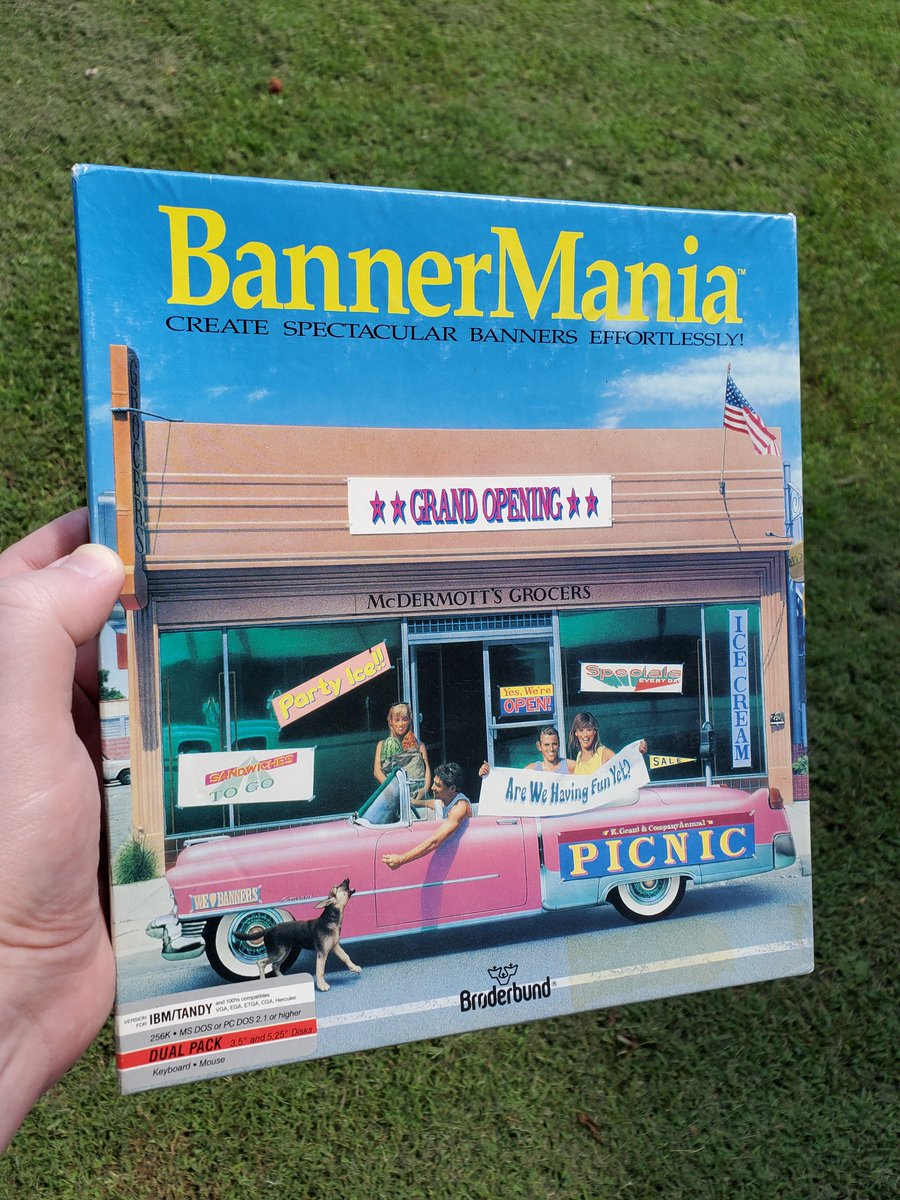

degrees in Sociology and Communication at UCSB. At middle school age, he took part in University of California, Santa Barbara's Educational Opportunity Program (EOP) and earned B.A. His family worked in the year-round lemon industry which allowed him to attend local public schools uninterrupted. Alamillo was born in Zacatecas, Mexico and raised in Ventura County, California. San Francisco's Liberal Turn after World War IIĬalifornia State University-Channel Islands.The Beat Cop and the Rise of the Carceral State.The Police and LGBT Communities in the Twentieth Century.Policing, Urban Culture, and Liberal Politics after World War II.

The Police, African Americans, and Mass Incarceration after World War II.His interest in history education extends beyond the college campus, and he frequently works with local high-school history teachers and community history groups. Considering the transition from "guardian policing" to "warrior policing," the political influence of neighborhood watch programs, and the invention of downtown special service districts, this project ultimately finds the grassroots politics that inspired and buttressed President Bill Clinton's campaign to add "100,000 police on America's streets." Agee teaches courses in crime and policing, social movements, urban history, and modern American history. He is now researching the rise of community policing in Philadelphia and Houston during the 1980s and 1990s and the crafting and passage of the Violent Crime Control and Law Enforcement Act of 1994. He has recently coedited "The Police in Post–World War II Urban America," a special section for the Journal of Urban History. He is the author of The Streets of San Francisco: Policing and the Creation of a Cosmopolitan Liberal Politics, 1950–1972 (2014). An associate professor of history at the University of Colorado Denver, Christopher Agee specializes in the history of police, urban culture, and liberal politics.


 0 kommentar(er)
0 kommentar(er)
